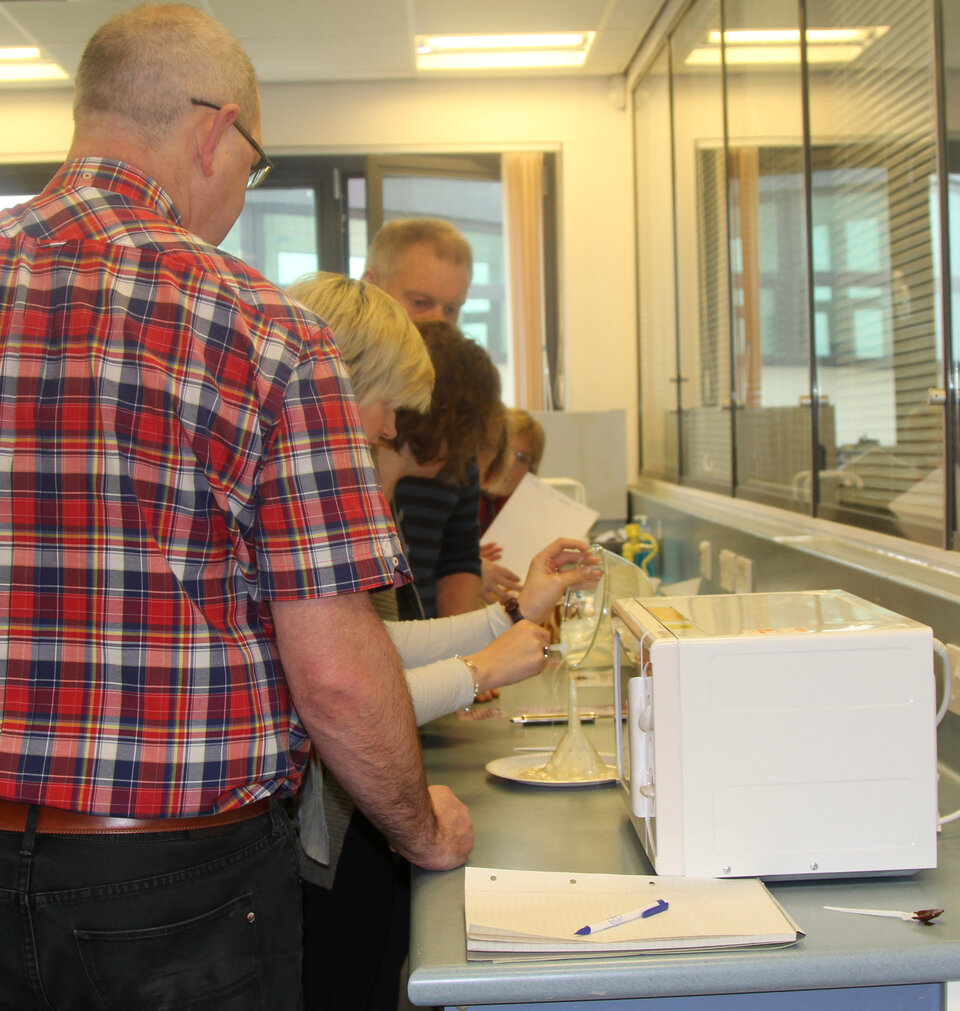The UK Space Ambassador Network
Across the UK, a network of education experts ready to help teachers use space as a context in the classroom are just a phone call or an email away. A successful education initiative by ESERO UK which it is aiming to grow further.
The UK Space Ambassador network was set up in 2010 by the UK’s ESERO (European Space Education Resource Office), which is dedicated to promoting the use of space to enhance and support Science, Technology, Engineering and Mathematics (STEM) teaching and learning in the UK.
“We recognised that across the UK much work was already taking place within schools using space as a context for enriching STEM learning,’ says Allan Clements, the UK ESERO manager, and himself a space ambassador for the North East, Yorkshire and the Humber.
The Space Ambassador network supports this interest. There are seven Space Ambassadors. Each covers a different region of the country and can be freely contacted for advice and guidance on space activities and useful teaching resources.
One of the early recruits to the project was Andy Newsam, Professor of Astronomy Education and Engagement at John Moores University, Liverpool. He is now Space Ambassador for the North-West of England and Shropshire. “I am a big believer in using space and astronomy as tools to encourage a greater appreciation of science as a whole, and from there throughout all of the STEM subjects,” he says.

Paul Roche, Chair of Astronomy Education, University of South Wales, Cardiff, is Space Ambassador for Wales. He too has been with the project since the beginning: “I've been working in astronomy and space science education for over 20 years now, and the ESERO network has provided much-needed co-ordination across the UK.”
The network meets three times a year to review progress and discuss objectives for the future. The work includes delivering continual professional development courses for teachers, as well as working directly with schools on space and astronomy projects.
Along with the seven ambassadors there are nine other space partners involved in the programme. Teachers can contact them freely for advice, in the same way. Some, like Judith Green, are teachers already but with a special expertise in using space in an educational context. Others, such as Tom Lyons, have worked in industry building spacecraft.
The success of the Space Ambassadors over the last three years is something that Allan Clements is hoping to build on by expanding the network in the coming year.
It is not just the teachers and school pupils who have benefited; the ambassadors themselves feel that they have learned from the experience, too.
‘I would say that the ESERO project has been a catalyst for me to expand my educational and engagement work beyond my own immediate experience, which is great,’ says Newsam.
Funded by ESA and the UK Department for Education, ESERO UK raises the profile of the education work of ESA, the UK Space Agency and the wider UK space community with schools and colleges. It aims to be the first point of contact for the education and space communities in the UK when seeking information about space education and careers.
ESERO offices stimulate the sharing of good practices, and space-related teaching and learning resources, with teachers and college lecturers. Established in various Member States, such as the Netherlands, Belgium, Nordic countries, Ireland, each ESERO supports the specific educational needs of the Member State and their Education Community.
For more information:education @ esa.int





